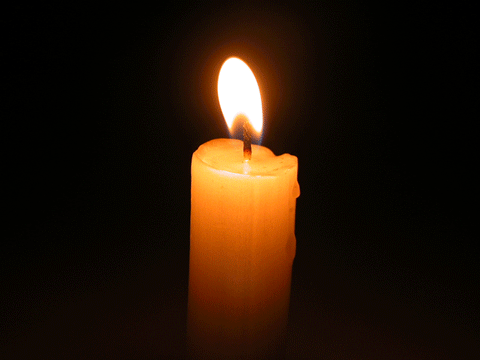Jesus is waiting -
He waits for you with love -
you are never alone
Only in God.com
Catholic Truth Online

Jesus Christ
The Light of our World
always burning for you and me
The Three Theological Virtues
Faith, Hope and Charity
Faith:
Faith is a common term in ordinary language, but for Catholics, faith as a theological virtue takes on a special definition. According to the Catholic Encyclopedia, theological faith is the virtue "by which the intellect is perfected by a supernatural light." By this definition, faith is not at all contrary to reason or intellect but is the natural result of an intellect that is influenced by the supernatural truth given to us by God.
Hope:
In Catholic custom, hope has as its object eternal union with God in the afterlife. The Concise Catholic Encyclopedia defines hope as "the theological virtue which is a supernatural gift bestowed by God through which one trusts God will grant eternal life and the means of obtaining it providing one cooperates." In the virtue of hope, desire and expectation are united, even while there is recognition of the great difficulty of overcoming obstacles in order to achieve everlasting union with God.
Charity (Love):
Charity, or love, is considered the greatest of the theological virtues for Catholics. The Modern Catholic Dictionary defines it as the "infused supernatural virtue by which a person loves God above all things for his [that is, God's] own sake, and loves others for God's sake." As is true of all the theological virtues, genuine charity is an act of free will, but because charity is a gift from God, we cannot initially acquire this virtue by our own actions. God must first give it to us as a gift before we can exercise it